How Janu Tokyo gives hotel guests what they want – a truly sustainable experience

As guests increasingly demand a greener approach to hospitality, we’re heartened to see a growing number of hotels making impactful changes to their operations. Whether it’s removing single-use plastics or reducing water waste by cutting out unnecessary laundry, an increasing awareness of the importance of sustainability is pushing eco-conscious practices firmly into the mainstream.
Amid this sea change, some brands are going even further. Take Janu Tokyo , an Aman property that was recently awarded Asia’s Must-Stay Sustainable Hotel in the Cathay Members’ Choice Awards 2024. Although it has only one year of operations under its belt, it has deeply impressed Cathay members by incorporating meaningful eco-conscious practices into every aspect of the hotel’s operations. Whether you’re relaxing in your room, dining at one of the hotel’s excellent restaurants or pampering yourself at the spa, every detail has been carefully considered to minimise its impact on our planet, while maintaining the premium experience guests have come to expect from the Aman hospitality brand.
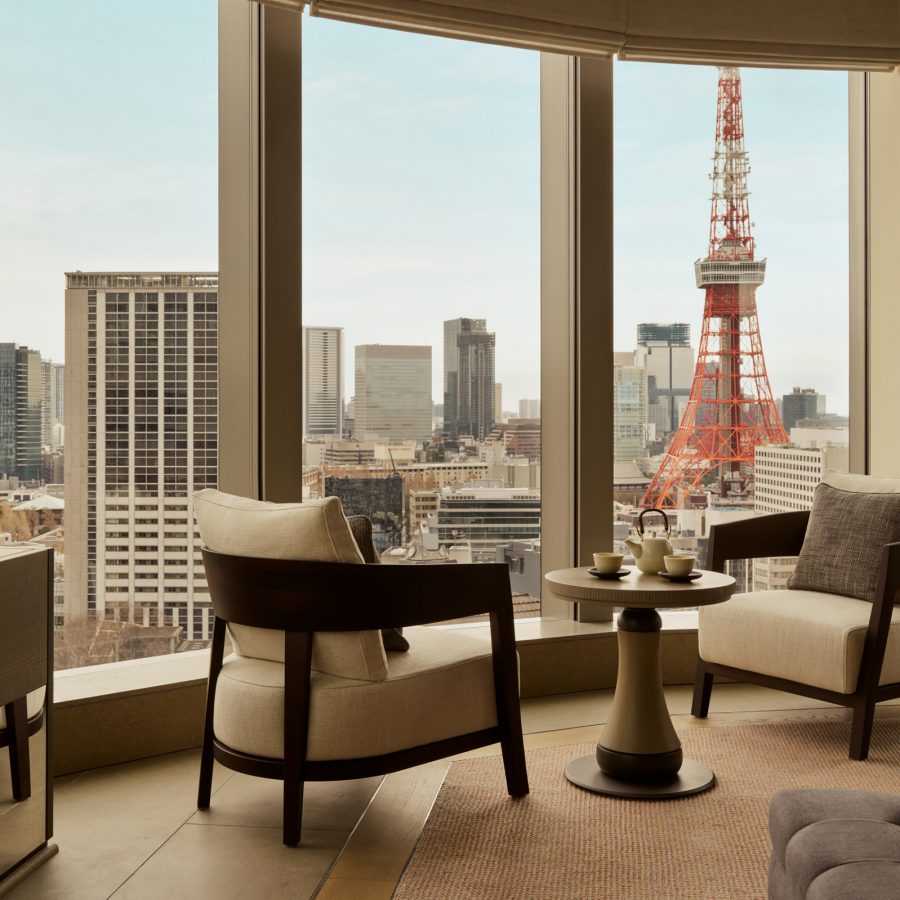
Credit: Janu Tokyo
“Travellers are seeking unique, authentic experiences that celebrate the destination while being mindful of the environment,” says Noriko Tanaka, General Manager of Janu Tokyo. “The future of travel lies in creating meaningful, seamless experiences that prioritise both ecological preservation and cultural respect.” At the same time, she believes the future of the hospitality industry is “driven by a shared responsibility to preserve destinations for future generations.”

Credit: Janu Tokyo

Credit: Janu Tokyo

Credit: Janu Tokyo
Circularity in practice
Janu Tokyo’s eco credentials begin with its location. The hotel is part of the Azabudai Hills development, an 81,000 square metre “modern urban village,” almost one-third of which is given over to urban greening.
The hotel’s eco-friendly practices go beyond room features – they’re thoughtfully woven into a guest’s day-to-day experience. For instance, amenities such as toothbrushes, hair ties and razors are made from natural and upcycled materials to reduce plastic waste, and come in recycled packaging. Shampoos and soaps are provided in refillable containers made from rice husk rather than plastic, and used Nespresso capsules from the in-room machines are kept and recycled. Mineral water is provided in glass containers instead of plastic bottles, and empty bottles are returned to the vendor after use.
When in-room items reach the end of their lives, they’re not sent to the landfill. Instead, a specialised service collects Janu’s discarded cotton sheets and towels and mixes them with pulp to make recycled paper, which is in turn repurposed into paper products such as envelopes, letter paper, coasters and memo paper. Hotel rooms use the recycled paper for in-room notices.
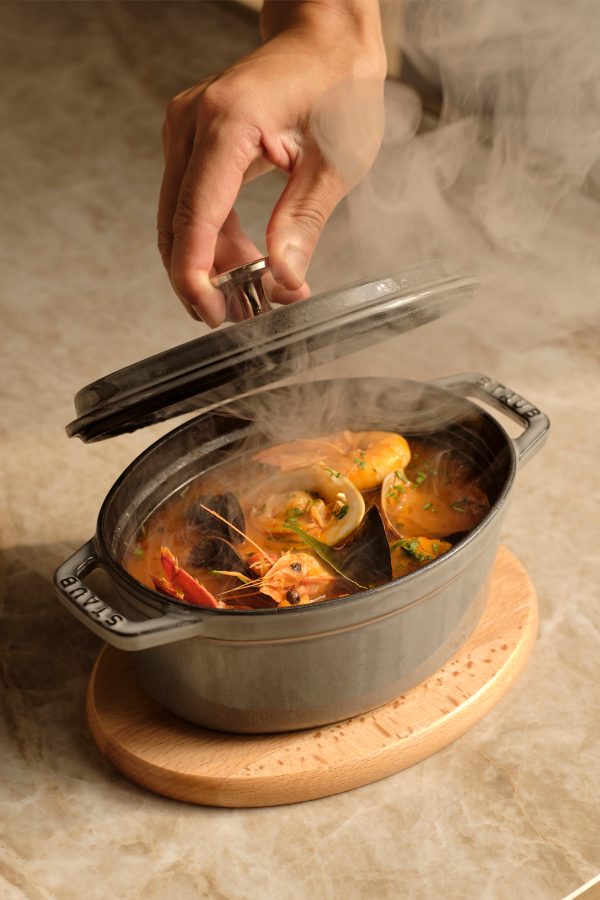
Credit: Janu Tokyo
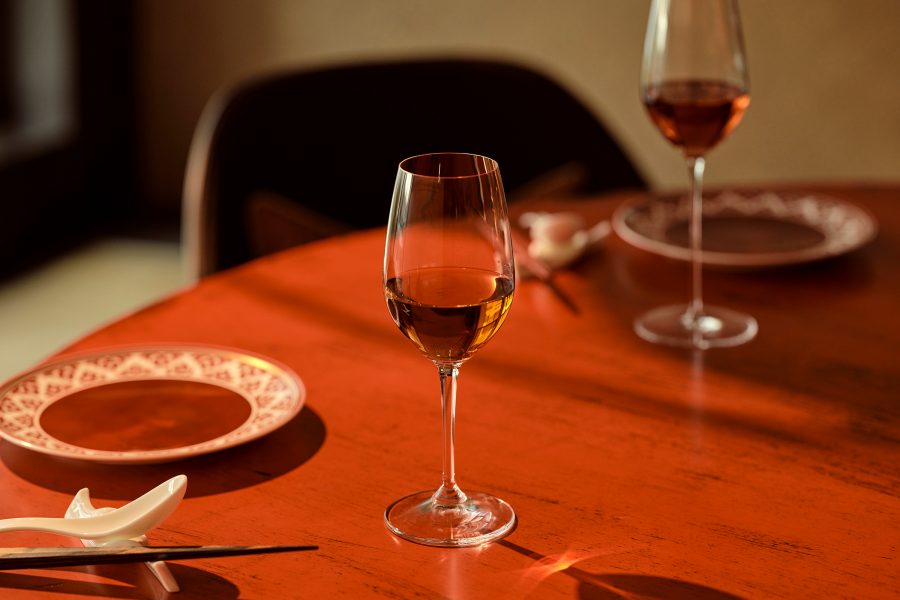
Credit: Janu Tokyo

Credit: Janu Tokyo
Embracing local partnerships
As with all Aman properties, Janu Tokyo is committed to supporting and showcasing local brands, reflecting the hotel’s values of promoting local culture and reducing the carbon footprint of the products it supplies. “We value local partnerships. While high-quality products and services are available worldwide, we prioritise those specific to Japan and Tokyo. This approach helps our customers appreciate local characteristics, culture, customs, and trends,” says Tanaka.
During their stay, guests can enjoy a cup of sake sourced from Tokyo Port Brewery, located just a short drive away. They might also sample gourmet tea provided by Okinawa Tea Factory, which grows its own tea leaves in southern Japan, Furthermore, its restaurants are committed to serving dishes made with 75 per cent locally sourced ingredients, and fresh produce from local farms that might overwise be thrown away due to imperfections.
Janu Tokyo is particularly advanced in how it tackles waste – a less glamorous but nonetheless vital part of its sustainability practices. For instance, a portion of food scraps are sent to partnering farms to use as fertiliser, while the rest is converted into biomass fuel. Animal byproducts such as bones, shells and skins are used to make broth and seasoning, while grey water from guest rooms is treated at nearby Mori JP Tower’s wastewater facilities before being reused for flushing within the tower. Meanwhile, the spa uses discarded byproducts of the sake-making process, such as rice bran and malted rice, in its body scrubs.
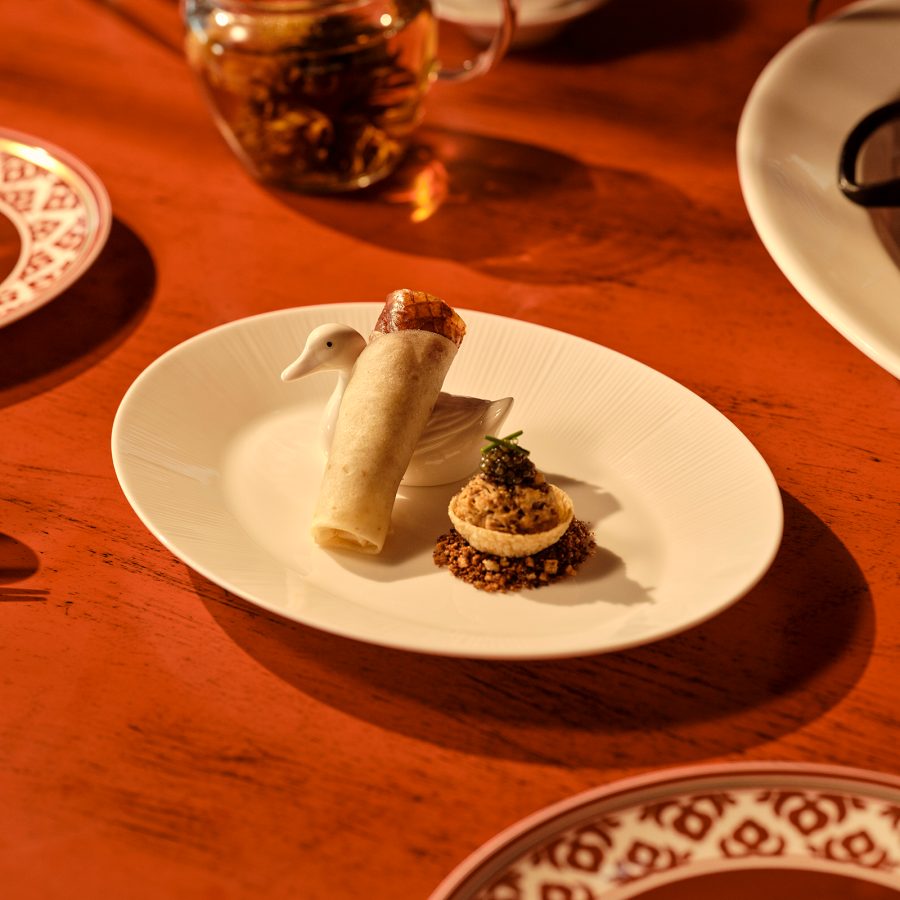
Credit: Janu Tokyo
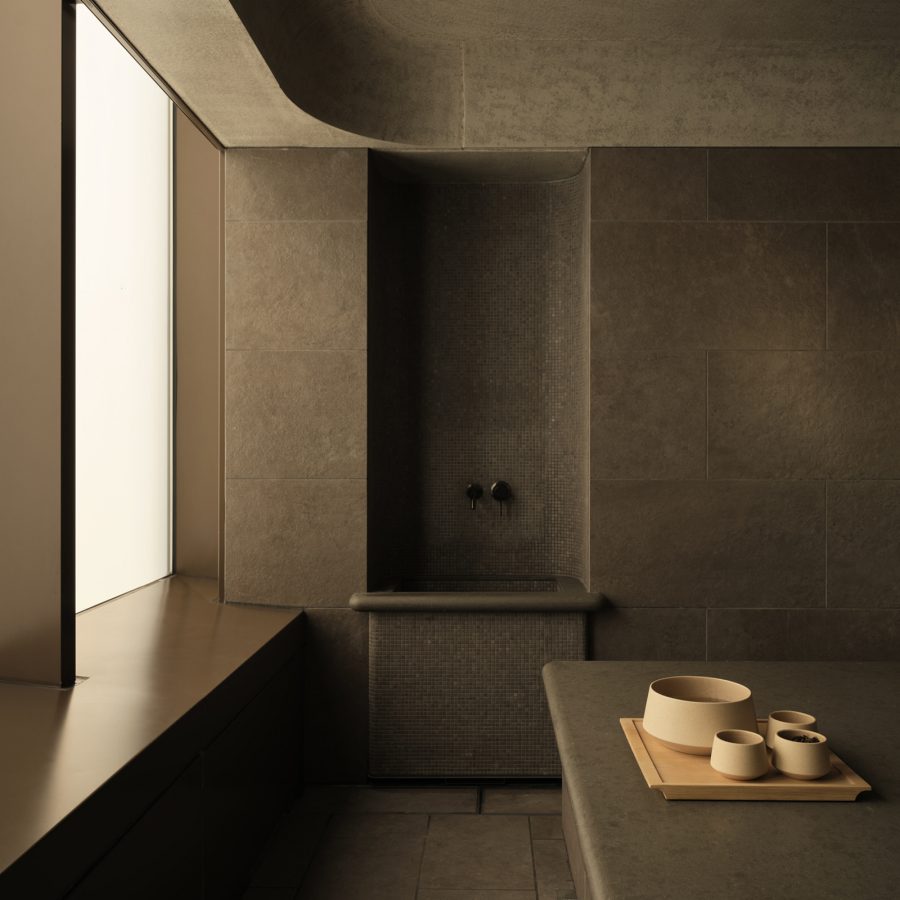
Credit: Janu Tokyo
Meaningful changes for better business
Janu Tokyo’s commitment to sustainability doesn’t stop there. They’ve also established an internal team, the Conscious Soul Committee, to monitor progress against their sustainability goals and advance their vision. Not only is moving towards a sustainable future the right thing to do, it makes good business sense too. “Integrating sustainable practices into hospitality operations is not only environmentally responsible but also strategically advantageous, promoting efficiency, customer satisfaction, and business longevity,” Tanaka adds.
Tanaka firmly believes that sustainability is here to last, and their recognition in the Cathay Members’ Choice Awards proves that they’re on the right track. “We are truly honoured to receive this prestigious award, especially in our first year of operation. Sustainability is at the heart of what we do – not as a marketing initiative but as an integral part of how we operate,” she says.
“As global environmental awareness continues to rise, sustainability is becoming a crucial topic in the hospitality industry. Janu Tokyo’s vision is to create a luxurious space that coexists harmoniously with the environment, achieved through the respect and preservation of natural resources.”
More inspiration
Tokyo travel information
- China – the Chinese Mainland, Hong Kong SAR, Macao SAR and Taiwan Region
- Hong Kong SAR - English
- Chinese Mainland (China) - English
- Taiwan, China - English
- 香港特別行政區 - 繁體中文
- 中国內地 - 简体中文
- 中國台灣 - 繁體中文
- Africa
- South Africa - English
- Asia
- Bangladesh - English
- Korea - English
- Singapore - English
- Cambodia - English
- 한국 - 한국어
- Sri Lanka - English
- India - English
- Malaysia - English
- Thailand - English
- Indonesia - English
- Maldives - English
- ประเทศไทย - ภาษาไทย
- Indonesia - Bahasa Indonesia
- Myanmar - English
- Vietnam - English
- Japan - English
- Nepal - English
- Việt Nam - tiếng Việt
- 日本 - 日本語
- Philippines - English
- Australasia
- Australia - English
- New Zealand - English